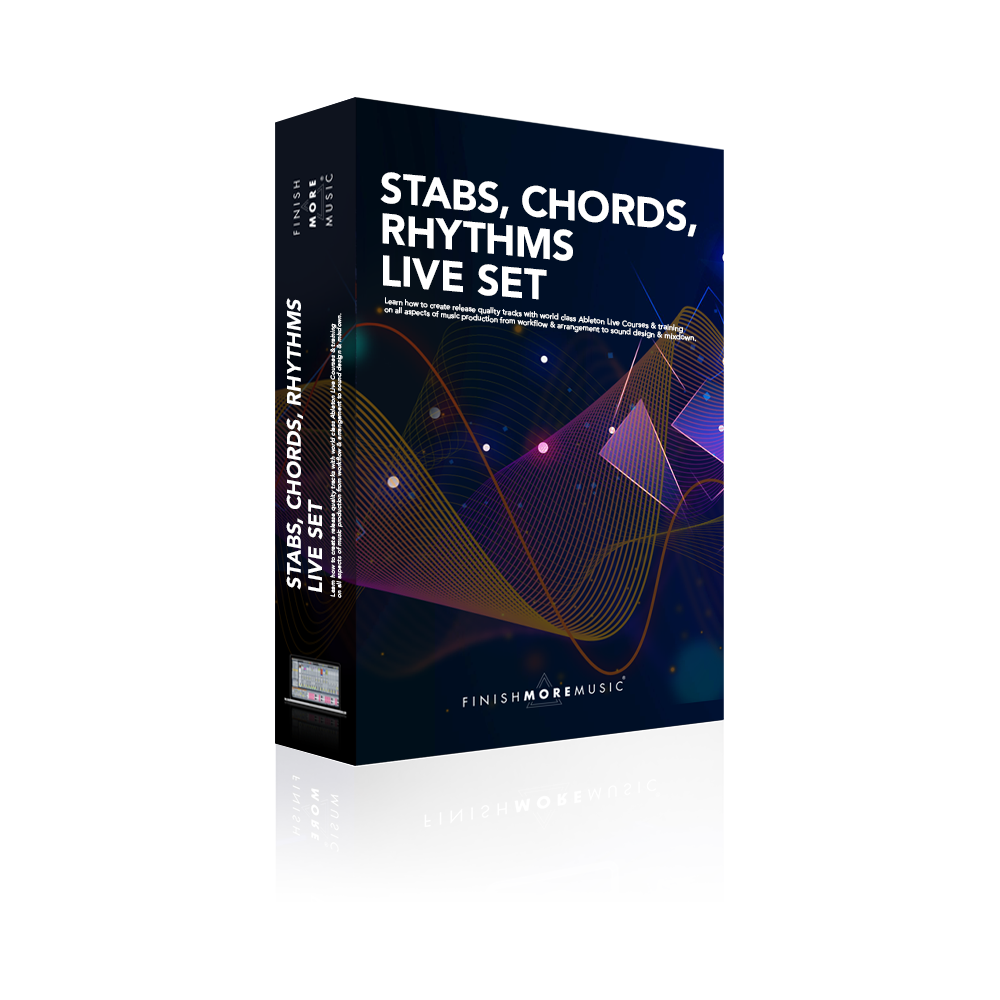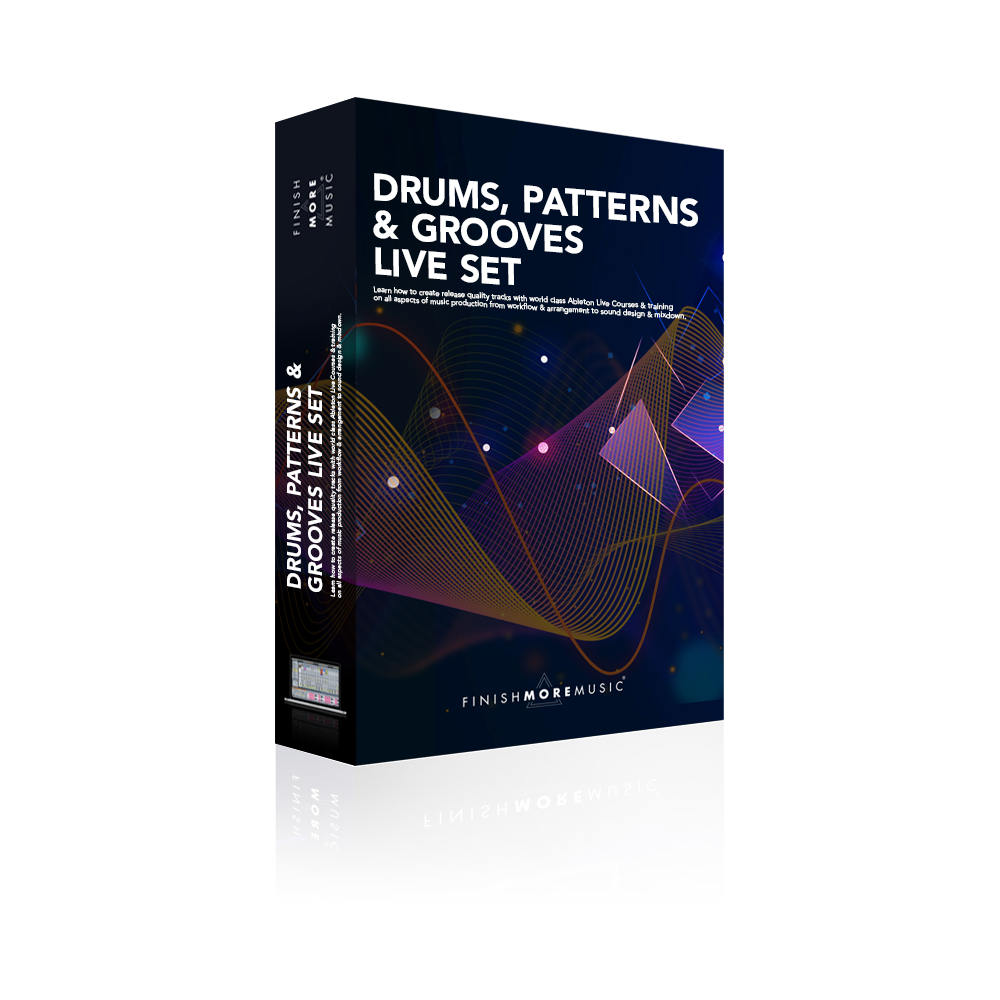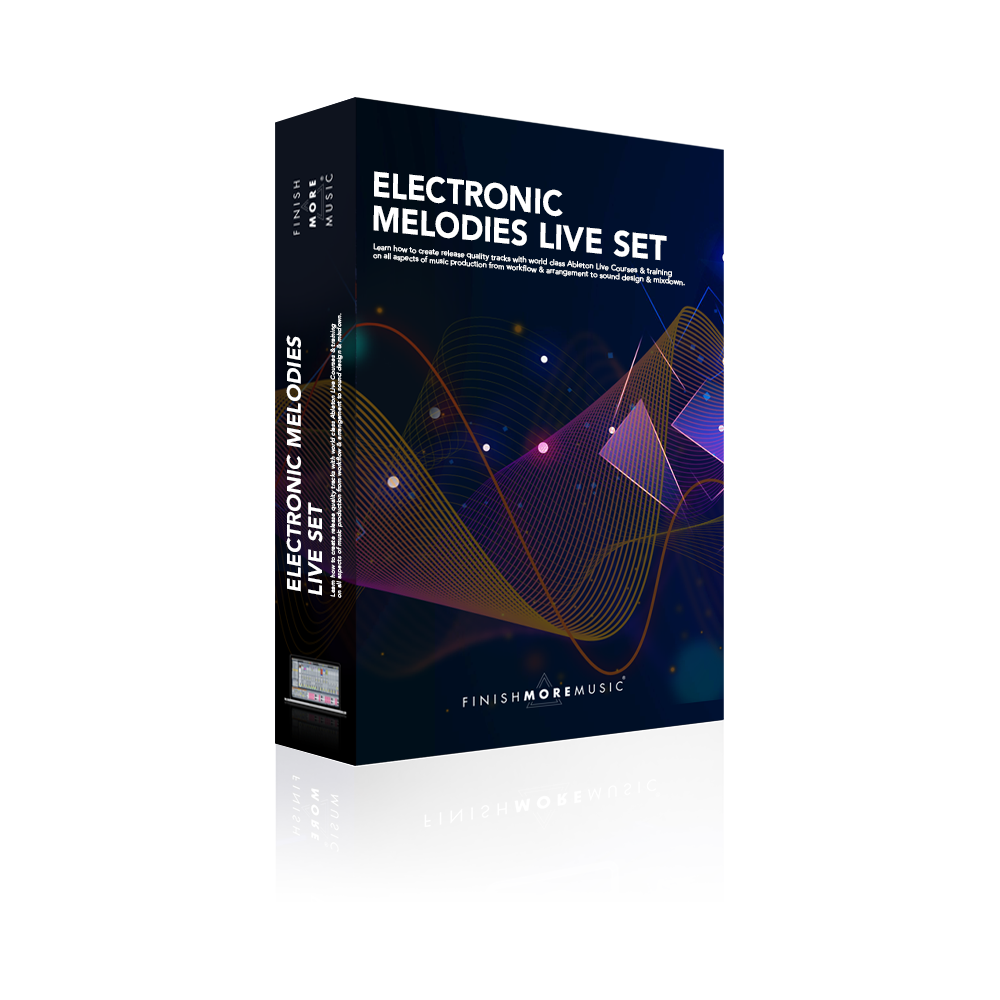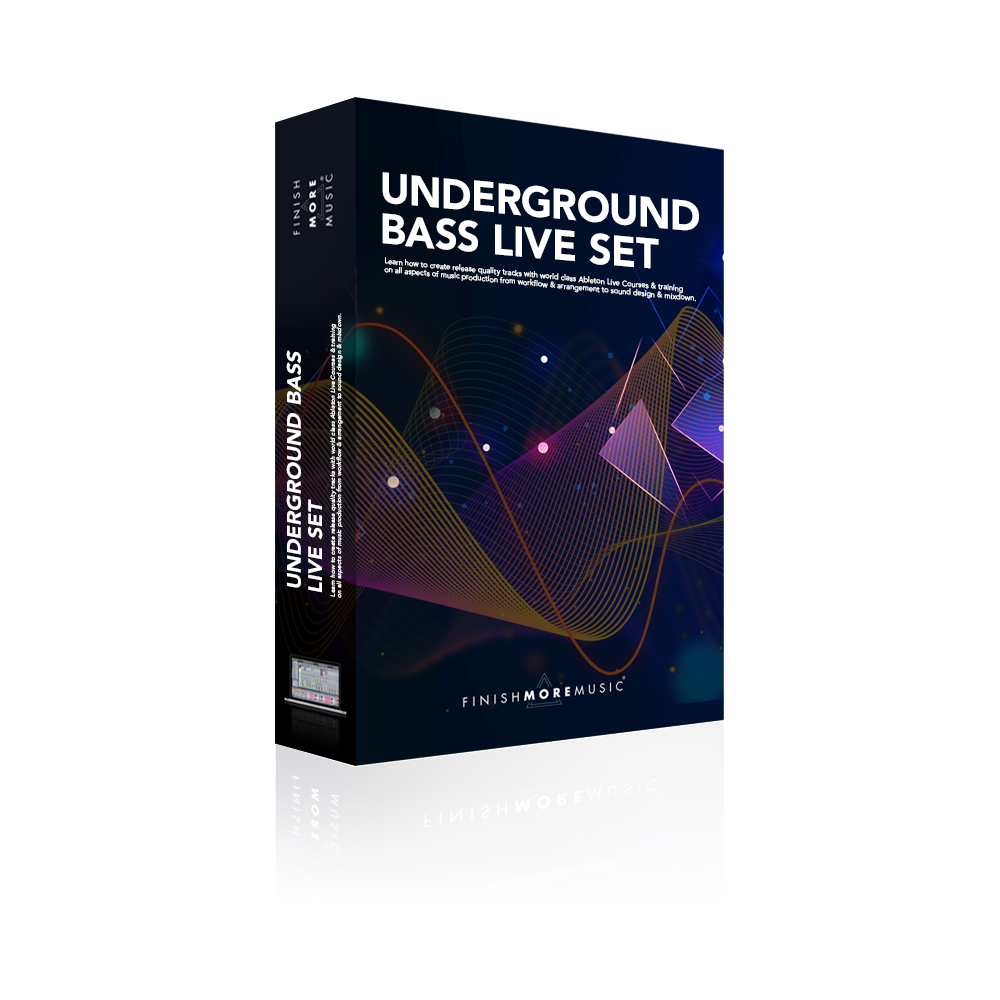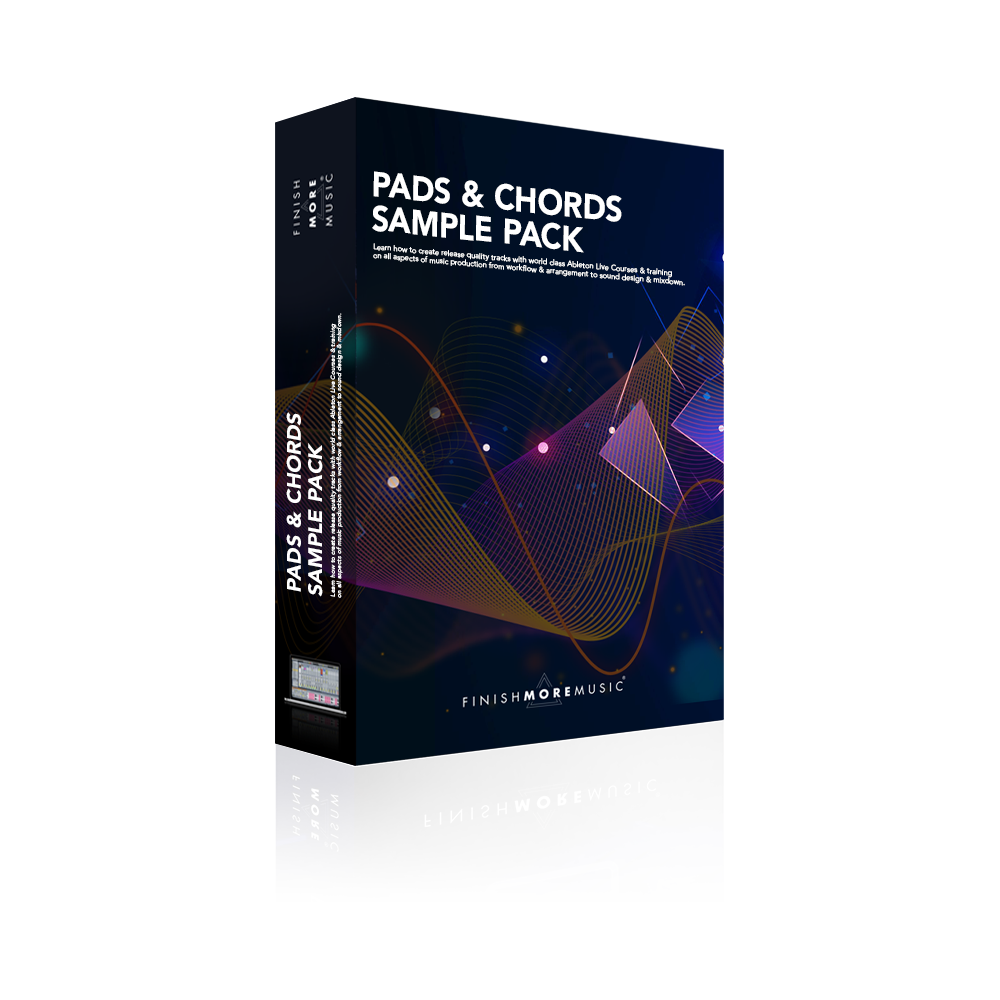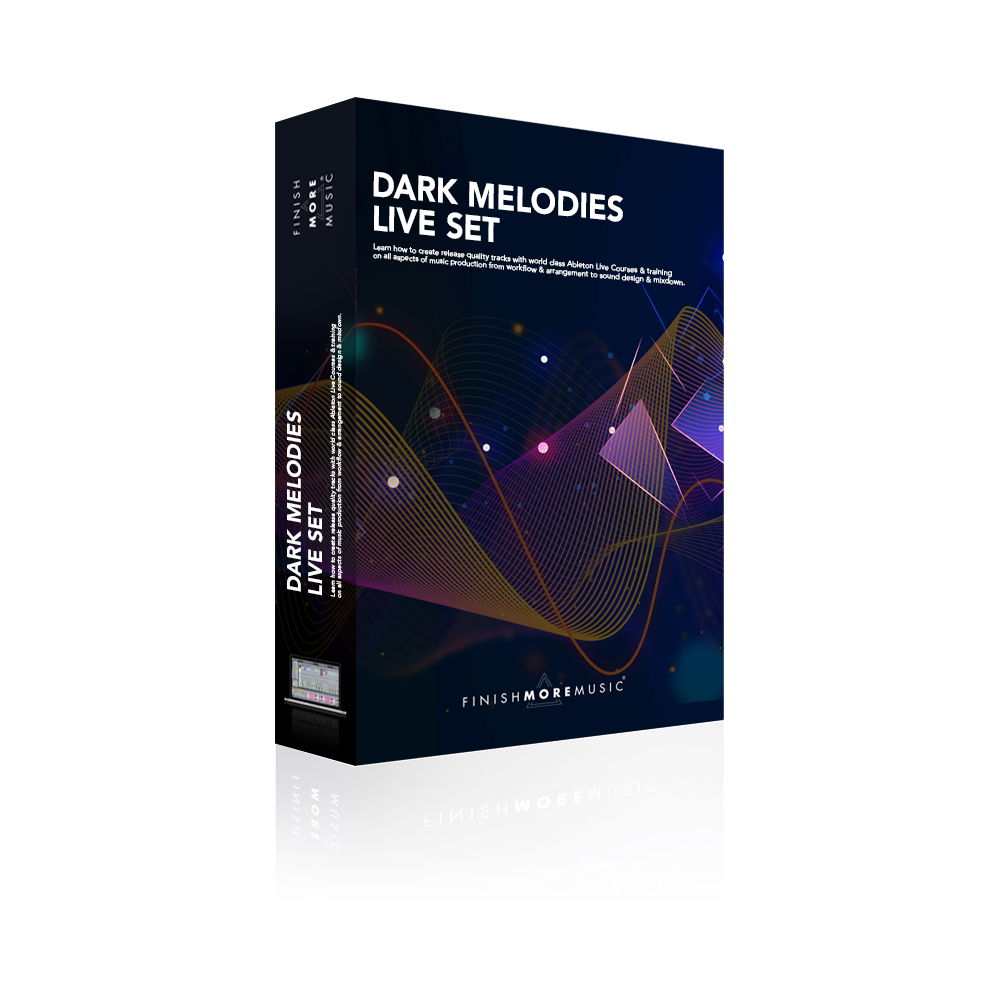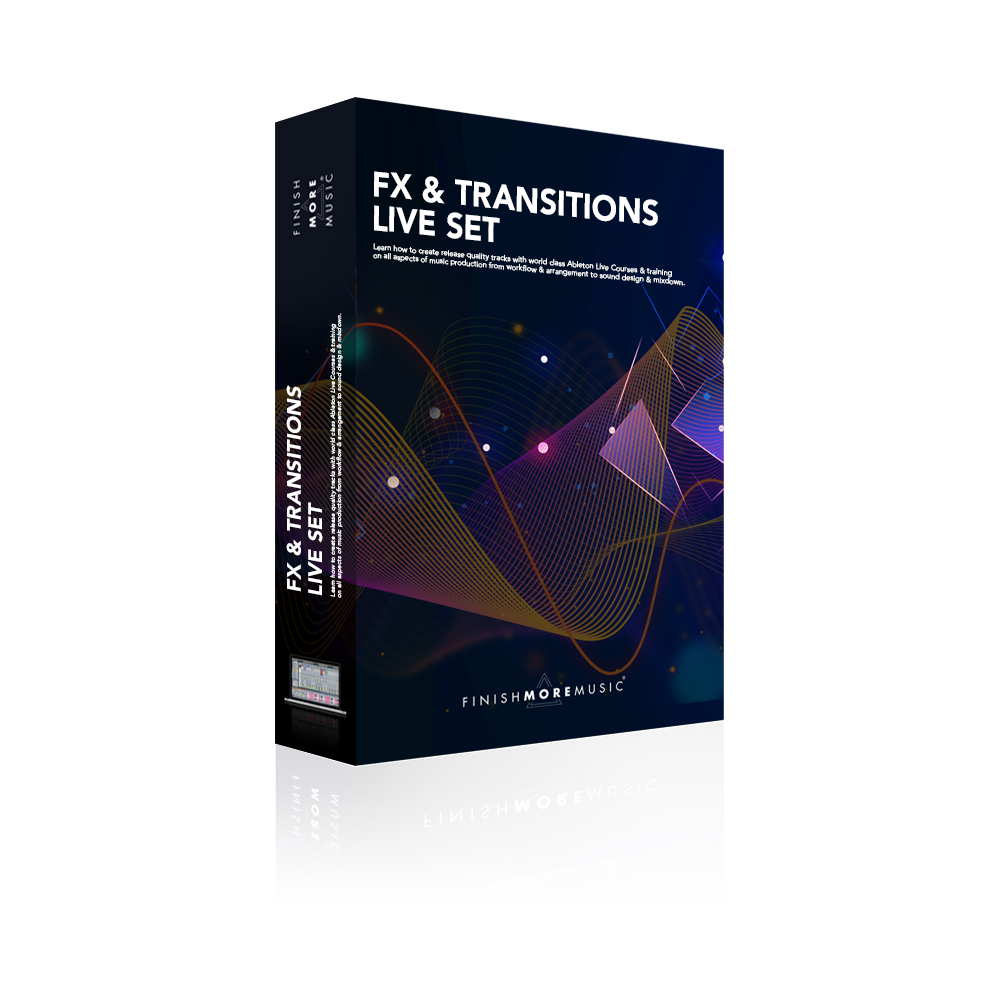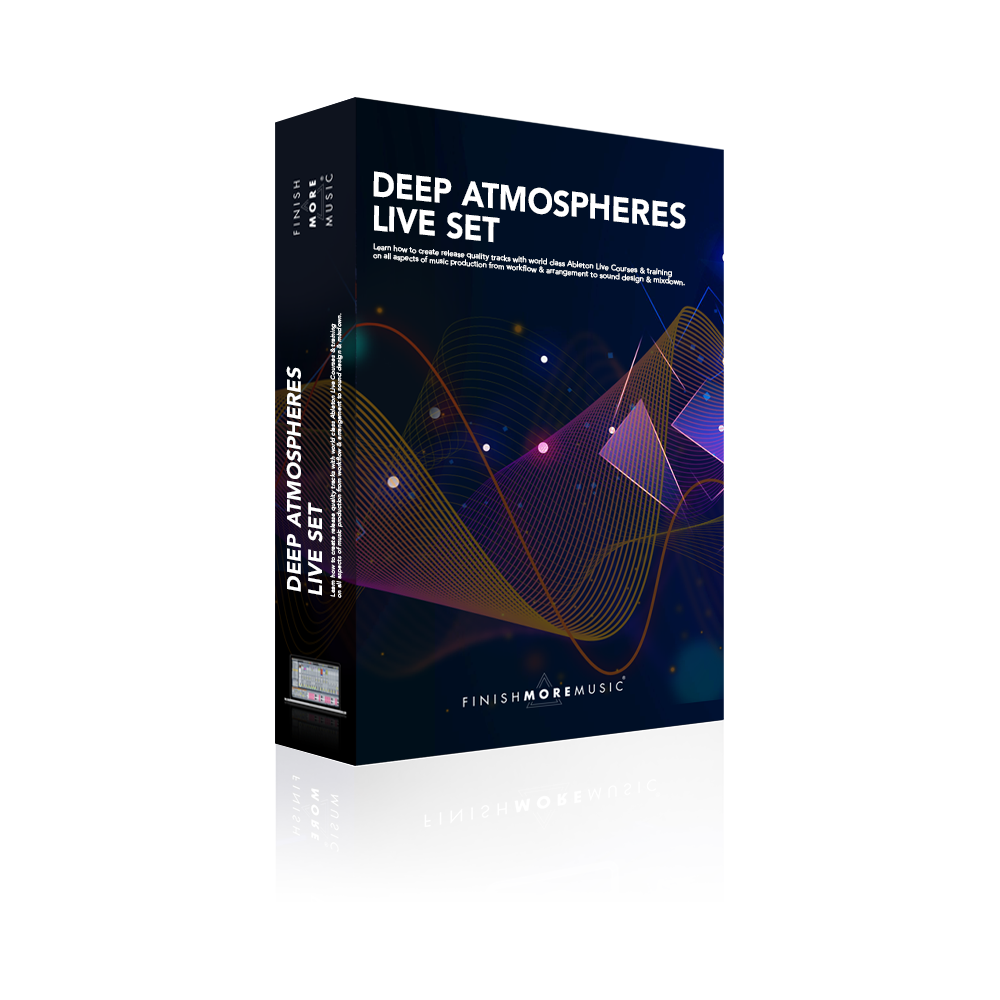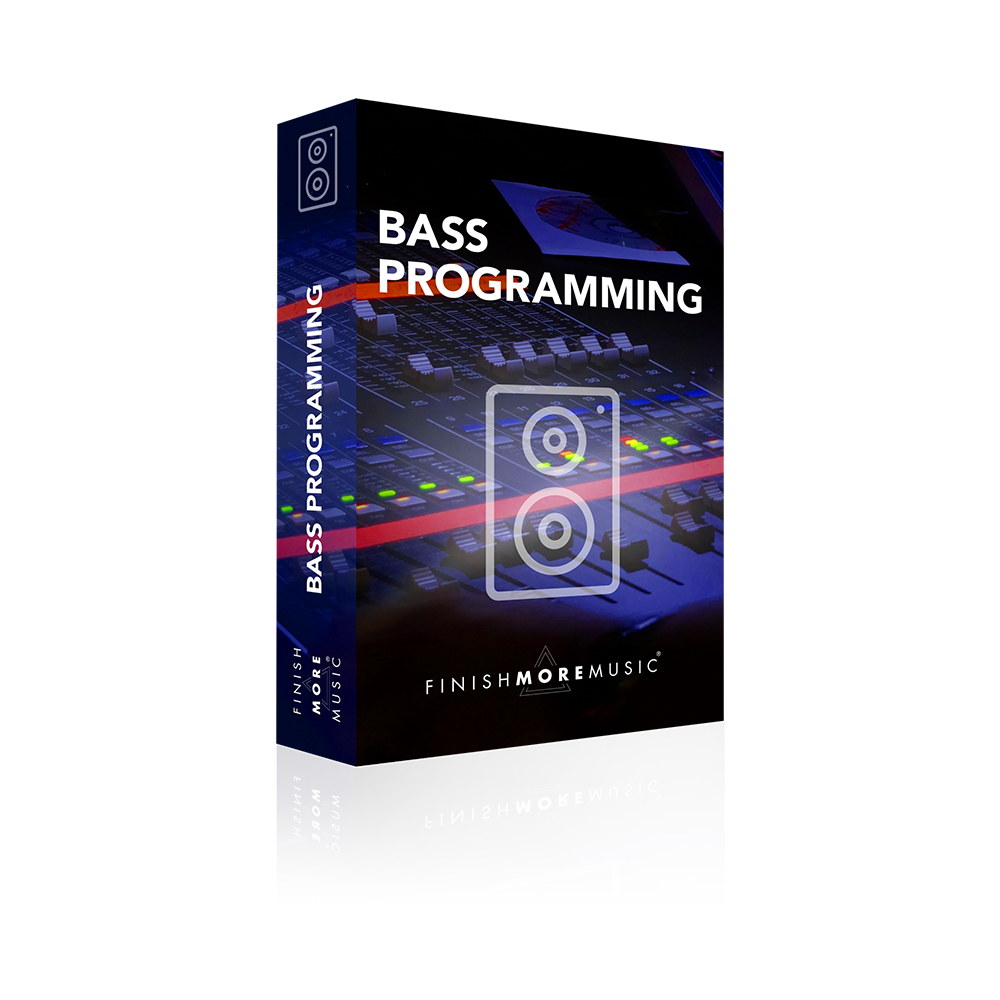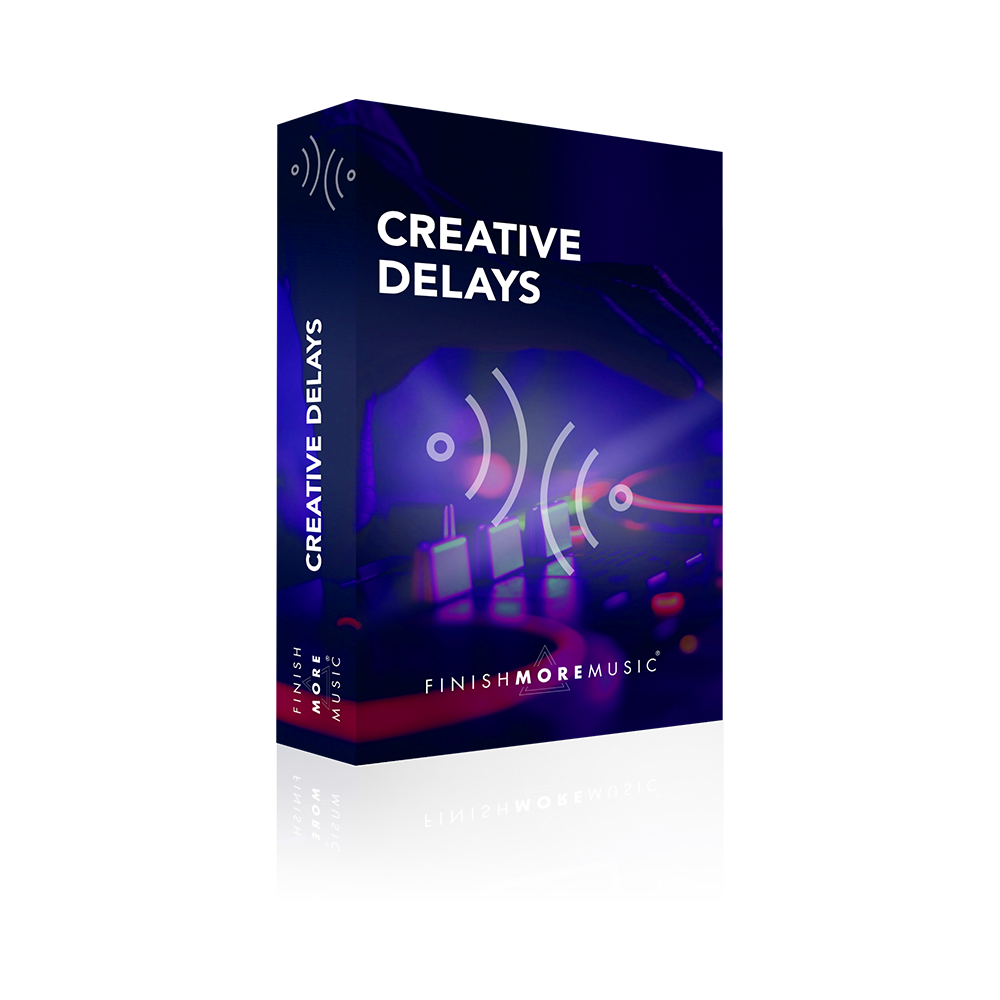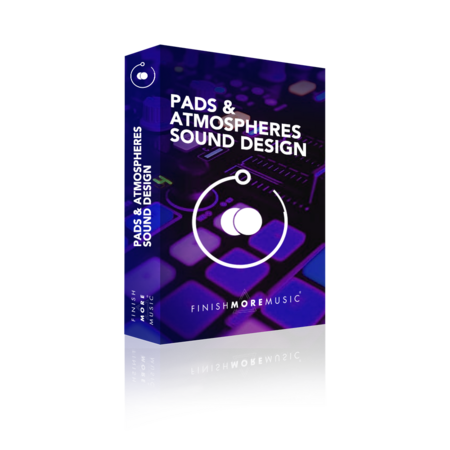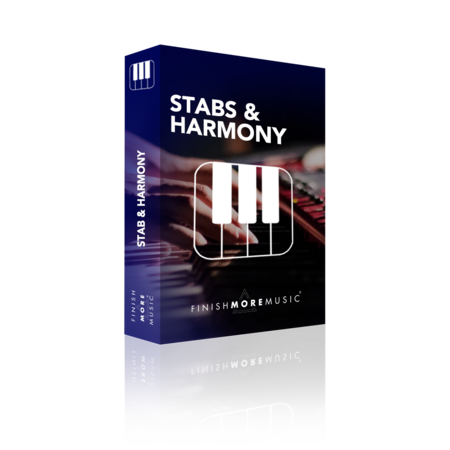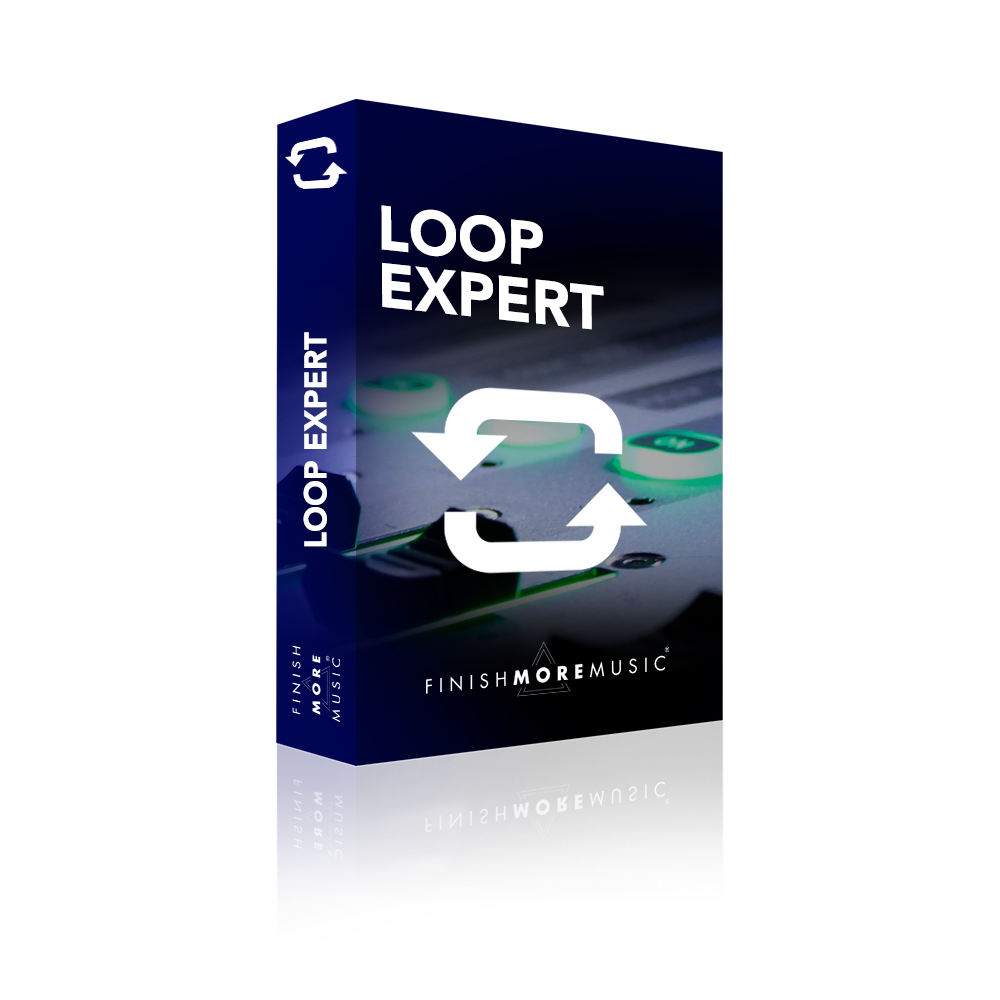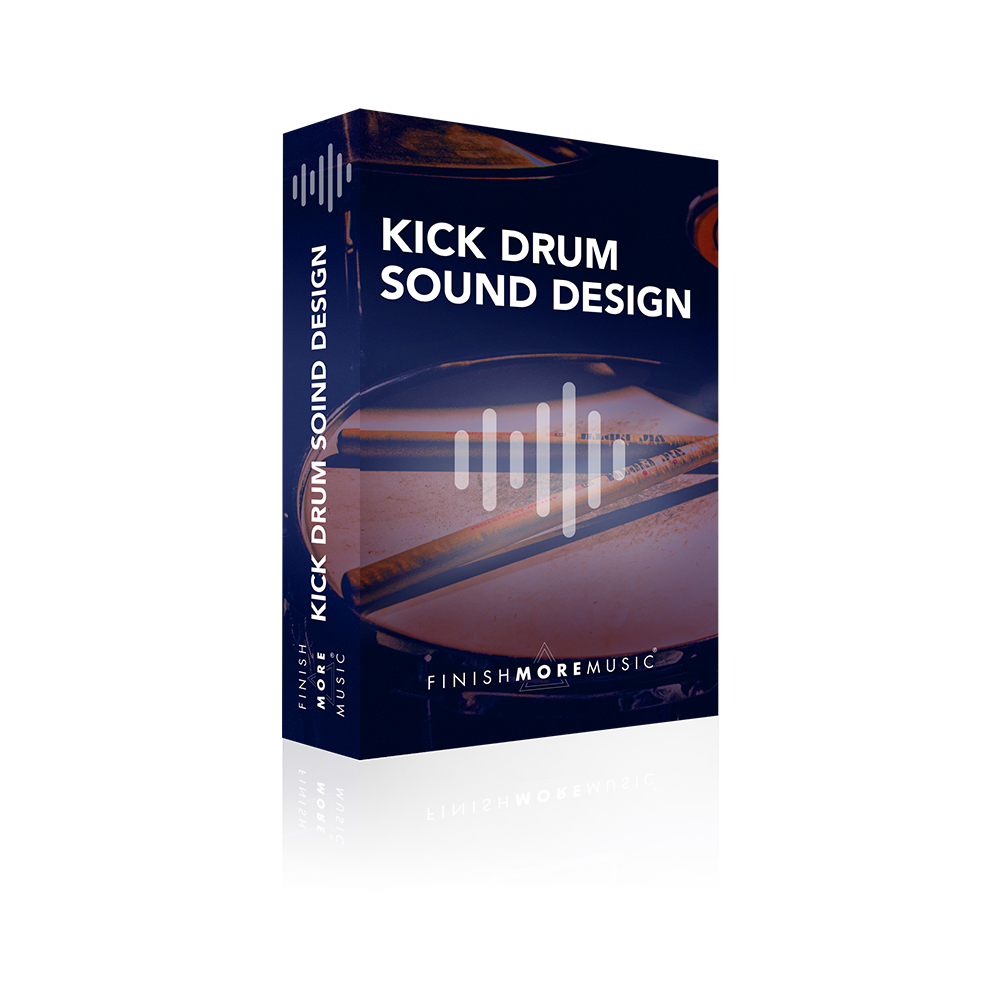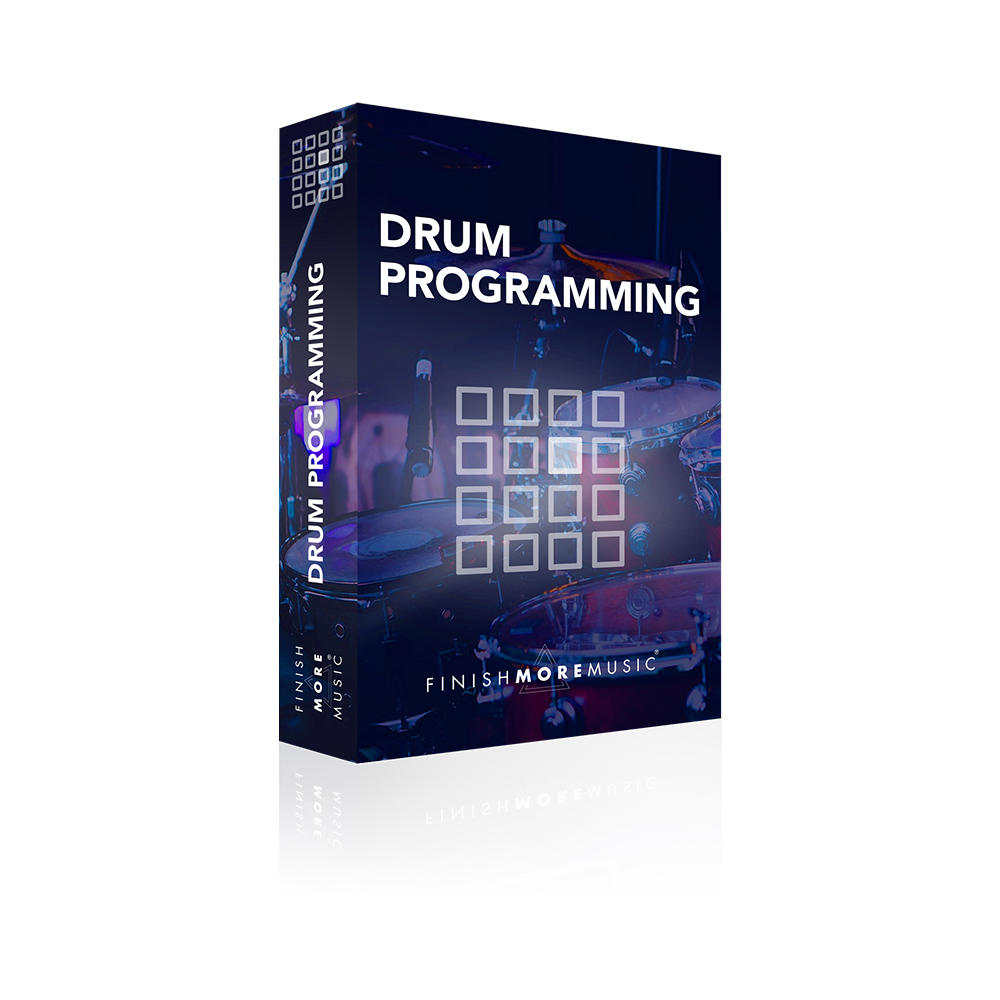FMM077 – Stealing like an artist or like thief?
Everybody’s done pretty much everything there is to do. It’s about bringing our own unique and individual take to things.
Whenever we try to create something original, to bring something new to the table, we put ourselves out there with all of our blood, sweat and tears laid bare.
It’s challenging, it can be uncomfortable, but it’s also one of the most rewarding things that we as human beings can ever experience.
And part of the creative process is about absorbing and learning from those who came before us, and those around us, as artists throughout history have always done.
But when does being influenced by one another cross the line into straight up stealing?
In this episode, I share something that I’ve experienced very recently that’s got me thinking about the difference between being inspired and being a thief, and how dangerous blurring these lines can be for everybody involved.
Copying might be quicker, copying might be easier, but copying is faking it.
Do you want to experience the amazing accomplishment and validation that comes with creating something truly authentic, or do you want to pretend?
Check out this week’s podcast to find out how to use other artists’ work the right way, and start making YOUR mark on the world.
Key takeaways:
- Use existing work around you to be inspired by and learn from.
- The personal reward from creating something original is infinitely more powerful than stealing from somebody else.
- “The desire to create is one of the deepest yearnings of the human soul.”
- Stealing music and claiming it as your own only does you and the world a disservice.
Quotes:
- “Everybody’s done pretty much everything there is to do. It’s about bringing our own unique and individual take to things.”
- “Using other people’s music to learn as an influence, as inspiration, as something to reinvent and to innovate. All of those things will light you up. Flat out copying will starve you and the world of some real magic that comes from pursuing this art form.”
Thank You for listening!
I really appreciate you joining me and I hope you’re enjoying the topics and taking some real value into your music sessions.
If this episode resonated with you and you feel it will have a positive impact on the people you know, please share it by using the social media buttons you see at the bottom of this page.
To make sure you are always the first to know when a new episode lands: Subscribe here.
One of the things that helps people decide if a podcast is for them, is the review section. If you’re enjoying the episodes and feel they will add value for other music producers, please leave a 60 second review and rating. Thank you 🙂

